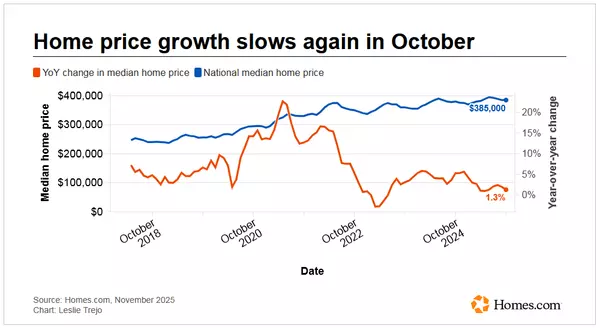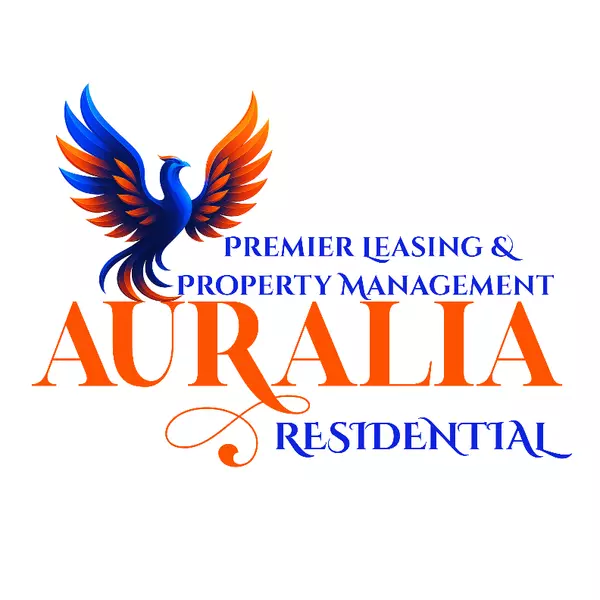Smart Strategies to Reduce or Avoid Capital Gains Tax When Selling in 2025 | Auralia Residential

When you sell a property for more than you paid, capital gains tax comes knocking. For homeowners, investors, and landlords across North Carolina, this can significantly eat into profits. Fortunately, there are several legal strategies to reduce or defer what you owe—ranging from IRS exclusions to smart timing and reinvestment approaches. Understanding how these strategies work can give you a decisive edge when planning your next move.
Understanding Capital Gains Basics
Capital gains tax is applied to the profit earned from selling a property. If you owned the property for one year or less, you’ll face short-term capital gains tax, which is charged at your ordinary income rate. Properties held longer than a year typically qualify for long-term capital gains tax, which can range from 0% to 20% depending on your income bracket. It’s also important to account for North Carolina state taxes, which can add to your total liability.
Primary Residence Exclusion
One of the most powerful tools for homeowners is the Section 121 Primary Residence Exclusion. If you’ve owned and lived in your home for at least two of the last five years before selling, you may exclude up to $250,000 in capital gains if you’re single, or $500,000 if married and filing jointly. This exclusion doesn’t apply to rental or investment properties unless they’re converted to primary residences under specific guidelines.
1031 Exchange for Investment Properties
For investors, the 1031 like-kind exchange remains a key strategy for deferring capital gains. This allows you to sell one investment property and reinvest the proceeds into another “like-kind” property without immediately paying taxes on the gain. Strict deadlines apply: you must identify the replacement property within 45 days and close within 180 days. Missteps here can result in losing the tax deferral, so working with qualified intermediaries is critical.
Installment Sales to Spread Gains Over Time
Rather than taking the full profit upfront, some sellers structure their transactions as installment sales, where the buyer pays over time. This spreads out capital gains over multiple years, potentially keeping you in a lower tax bracket annually. While this method can be advantageous, it comes with risks—such as buyer default—and must follow IRS reporting guidelines.
Opportunity Zone Investments
Another way to manage capital gains is to reinvest them into Qualified Opportunity Funds, which invest in designated Opportunity Zones. By rolling your gains into these investments, you can defer taxes until the fund is sold or by 2026, whichever comes first. Holding the investment for at least ten years may eliminate taxes on any additional appreciation within the fund. This can be a strategic move for investors seeking both tax benefits and long-term growth.
Converting Rental Property to a Primary Residence
For landlords who have held a rental property for several years, converting it into a primary residence can open the door to partial primary residence exclusion. By living in the property for at least two of the previous five years, a portion of the gain may qualify for exclusion. However, depreciation recapture and allocation between personal use and rental use must be calculated accurately.
Strategic Timing and Basis Adjustments
The timing of your sale can impact how much you owe. Selling during a lower-income year can reduce your tax rate, while harvesting investment losses in the same year can offset gains. Additionally, increasing your property’s cost basis through documented capital improvements—such as a new roof, room additions, or system upgrades—can lower your taxable profit.
Avoiding Common Mistakes
Many sellers accidentally trigger unnecessary taxes by selling too soon, overlooking state liabilities, or failing to meet 1031 exchange deadlines. Others underestimate depreciation recapture or misapply exclusions. Each of these errors can lead to higher-than-expected tax bills, making professional guidance essential when planning major real estate transactions.
The Bottom Line
Capital gains taxes don’t have to be inevitable. Whether through exclusions, exchanges, reinvestment, or smart timing, there are multiple ways to protect your profit and reinvest strategically. Every seller’s situation is unique, and the best strategy depends on property type, ownership structure, and future goals. Consult a trusted CPA or tax attorney before making any decisions.
For tailored real estate guidance across North Carolina—including investor strategy, landlord operations, and property sales—connect with Auralia Residential at 919.373.3037 to plan your next move with confidence.
Categories
Recent Posts







GET MORE INFORMATION

